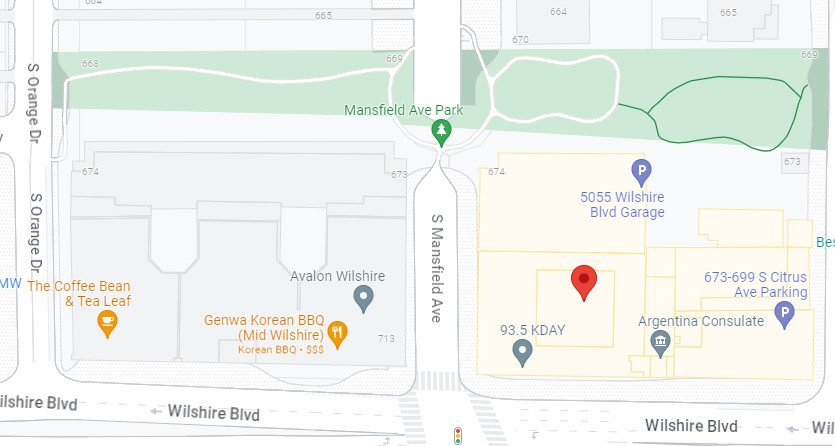Making Sure Your Private and Sensitive Personal Information Remains Secure is Our Priority

The Plans take extensive measures to ensure your private and sensitive personal information remains secure – both from a cybersecurity and physical security standpoint. Most of today’s talk about data privacy and security revolve around the more high-tech tactics criminals use to steal information, like phishing, spear phishing and SMiShing. While we employ a number of sophisticated techniques to protect your data, identity thieves are reverting to a more tried and true method of separating you from your personal information – the telephone.
What is Account Takeover Identity Theft?
Account takeover fraud is a type of identity theft in which a criminal effectively poses as a victim—whether online, in person or over the phone—to take control of accounts for financial gain. Reports estimate that losses from account takeover fraud totaled $56 billion in 2020; and in the first quarter of this year, 22% of all U.S. adults were affected. This means that you, your Plan ID and your pension and health assets are more attractive than ever to would-be thieves. As a result, the Plans make protecting your information one of our top priorities.
How Our Questions and Security Protocols Help You
When you call the Plans’ office, you may be asked more than one security question before we release any information to you, or you may be asked to provide documents proving your identity before changes can be made to your demographic information. While this might feel like a hassle, it is one of our first lines of defense in protecting your identity and assets.
Why so many questions?
A single security question is often not enough to prevent account takeovers due to the vast amount of personal information most people make available online. Seemingly harmless information posted on social media can offer a buffet of details that identity thieves can use to impersonate you. In fact, social media users have a 46% higher risk of account takeover fraud than those not on social media. Basic information like the name of your high school from a post about your 10-year reunion or your pet’s name can give thieves exactly what they need to bypass certain security questions. How many times have you seen the name of your high school mascot or the name of your childhood pet as a security question?
Once criminals have enough of your information, they can use it in endless ways. Successful account takeovers have ended in stolen 401(k) assets, illegally received medical treatment and even illegitimate transfers of homes. To protect against fraudulent access to your pension and health plan data, the Plans remain extra vigilant by verifying each caller’s identity to ensure that information is provided only to those with authorized access. This usually requires more than one identifying question.
How You Can Protect Yourself
Actions you can take to protect your assets and identity include regularly checking your medical records and account statements for unfamiliar activity, limiting the amount of personal information offered online and remaining aware of new threat scams. Just a few small actions can help prevent identity thieves from wreaking havoc on your assets, medical records and sense of security.


 OFFICE LOCATION & HOURS:
OFFICE LOCATION & HOURS:
 MEETING INFORMATION:
MEETING INFORMATION: FAXES:
FAXES: